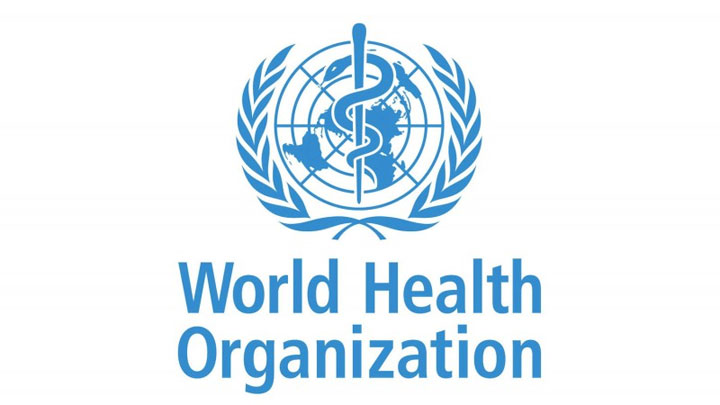Excessive Gaming Officially Recognised as Illness
The World Health Organisation has officially adopted the new version of the Classification of Diseases and Related Health Problems. The controversial gaming disorder was added to the list.

Last year we reported that the World Health Organization (WHO) was considering adding a gaming disorder for the International Classification of Diseases. The objections of gaming organisations and many people involved in researching its psychological impact were of no use. The proposal has just been officially accepted.
The WHO has adopted the final version of the 11th International Classification of Diseases (ICD-11), and the text contains a gaming disorder. Its definition includes the following three symptoms:
- Impaired control over gaming (e.g., onset, frequency, intensity, duration, termination, context);
- Increasing priority given to gaming to the extent that gaming takes precedence over other life interests and daily activities;
- Continuation or escalation of gaming despite the occurrence of negative consequences. The behavior pattern is of sufficient severity to result in significant impairment in personal, family, social, educational, occupational or other important areas of functioning.
In order to diagnose a gaming disorder, these symptoms must manifest themselves over a period of 12 months, although it is possible to shorten this period if "serious symptoms" occur.

The World Health Organisation explained that the decision to add a gaming disorder to the International Classification of Diseases was taken after extensive consultation with experts in many fields and careful examination of the available evidence.
The ICD-11 will enter into force on January 1, 2022. From now on, WHO member countries will be required to use this version of the classification when making healthcare decisions. In addition, they are to provide information on the health of their citizens to the World Health Organisation using the definitions contained in the document.
Adopting such a version of IDC-11 is not a surprise. In the last dozen or so months, gaming addiction has again become a hot topic. There was a lot of publicity about the cases of people who got too involved in Fortnite. More and more often there is also talk of more restrictive legal solutions for lootboxes, whose impact on gamers is similar to gambling.
0

Author: Adrian Werner
A true veteran of the Gamepressure newsroom, writing continuously since 2009 and still not having enough. He caught the gaming bug thanks to playing on his friend's ZX Spectrum. Then he switched to his own Commodore 64, and after a short adventure with 16-bit consoles, he forever entrusted his heart to PC games. A fan of niche productions, especially adventure games, RPGs and games of the immersive sim genre, as well as a mod enthusiast. Apart from games, he devourers stories in every form - books, series, movies, and comics.
Latest News
- End of remote work and 60 hours a week. Demo of Naughty Dog's new game was born amid a crunch atmosphere
- She's the new Lara Croft, but she still lives in fear. Trauma after Perfect Dark changed the actress' approach to the industry
- „A lot has become lost in translation.” Swen Vincke suggests that the scandal surrounding Divinity is a big misunderstanding
- Stuck in development limbo for years, ARK 2 is now planned for 2028
- Few people know about it, but it's an RPG mixing Dark Souls and NieR that has received excellent reviews on Steam, and its first DLC will be released soon

